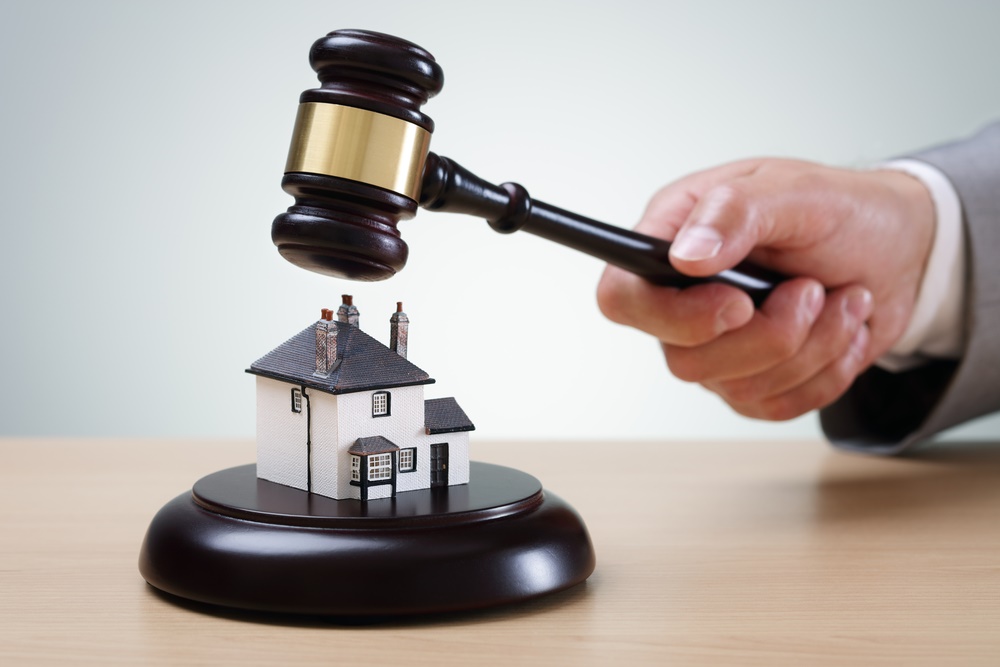
Prior to declaring bankruptcy, potential filers are required by the Federal government to go through credit counseling agencies to help determine your financial situation. The intended purpose of credit counseling is to determine if there are other means of resolving financial debts besides Chapter 13 or Chapter 7 bankruptcy. Debt consolidation is a common alternative to bankruptcy.
So what are the differences between Chapter 13 bankruptcy and debt consolidation? Which one is better for your situation? The Law Office of Brent M. Myer, PLLC has compiled the pros and cons of filing Chapter 13 bankruptcy vs. debt consolidation below.
How Does Debt Consolidation Work?
Prior to comparing bankruptcy to debt consolidation, it is important to understand what debt consolidation is and how it works.
Debt consolidation in simple terms is essentially lumping all of your debts together into a more management single payment plan. You make payments to the debt consolidation company and it makes payments to your creditors. The idea behind debt consolidation is that most debtors find it much easier to handle their debts when it is compiled into one single payment rather than juggling multiple accounts, payments, and debt collectors.
The two main objectives to debt consolidation are simplifying the creditor payments while also reducing monthly payments to a more manageable amount with reduced rates of interest.
Debt consolidation should not be confused with debt settlement, which involves paying one’s creditors in a lump sum payment that is typically lower than the owed amount.
How Does Chapter 13 Bankruptcy Work?
Chapter 13 Bankruptcy is in essence a court-mandated debt consolidation. You and your attorney file a plan which outlines how your creditors will be treated. The Chapter 13 Plan must be approved by the Bankruptcy Court. You make monthly payments to Bankruptcy Trustee, and she makes monthly disbursements to your creditors. You must make plan payments for a minimum of 3 years but no more than 5 years.
The Chapter 13 Plan may result in your unsecured creditors (credit cards and medical bills) being paid pennies on the dollar or in full. The Chapter 13 Plan payment depends on a number of factors including the amount of your disposable income and your non-exempt assets. Upon completion of your plan payments, you receive a discharge of your debts. So if the plan only paid pennies on the dollar to unsecured creditors, then the rest of the debt is wiped out when the plan payments are completed.
Advantages of Chapter 13 Bankruptcy
One of the most appealing reasons people choose bankruptcy over debt consolidation is that bankruptcy offers a significant amount of protection against creditors. This protection begins the moment you file your bankruptcy petition. This protection is called the automatic stay which remains in effect throughout the duration of your case. The automatic stay places a freeze on all debt collection efforts against you. The stay stops lawsuits, foreclosures, and repossessions. Debt consolidation offers no such protection.
Another advantage of Chapter 13 Bankruptcy is that you have the weight of the Bankruptcy Court behind you. Creditors must participate in a Chapter 13 Bankruptcy case in order to get paid. If a creditor does not participate in the Bankruptcy and you complete your plan payments, then the creditor gets nothing and the debt is discharged.
Creditors are not required to participate in a debt consolidation program. A single creditor may refuse to participate in the debt consolidation program thereby threatening the feasibility of the entire enterprise. Further, a creditor may file a lawsuit against you. As you may recall, you make payments to the debt consolidation company not the creditors. So if a creditor decides not to participate in the debt consolidation, then it is not receiving any payments. Unfortunately, debt consolidation companies often do not represent their clients when they are sued by a creditor.
Chapter 13 Bankruptcy allows you to “consolidate” all of your debts, and not just your credit card debts. Debt consolidation companies often only deal with credit card debts. So debt consolidation would not include medical bills. A Chapter 13 Plan handles both credit cards and medical bills. It also handles secured loans such as vehicle loans and mortgage arrears.
You have much more relief available to you in a Chapter 13 Bankruptcy than in a debt consolidation. A Chapter 13 Bankruptcy will stop of a home foreclosure and allow you to cure the delinquent payments on your home. Chapter 13 also allows you to pay the value of your vehicle instead of the amount owed on the loan. And, it allows you to lower the rate of interest on your vehicle loan.
The choice between debt consolidation and Chapter 13 Bankruptcy may be difficult. If you are struggling with debt and are considering bankruptcy, The Law Office of Brent M. Myer, PLLC can help you weigh your legal options and help to evaluate your financial outcomes.